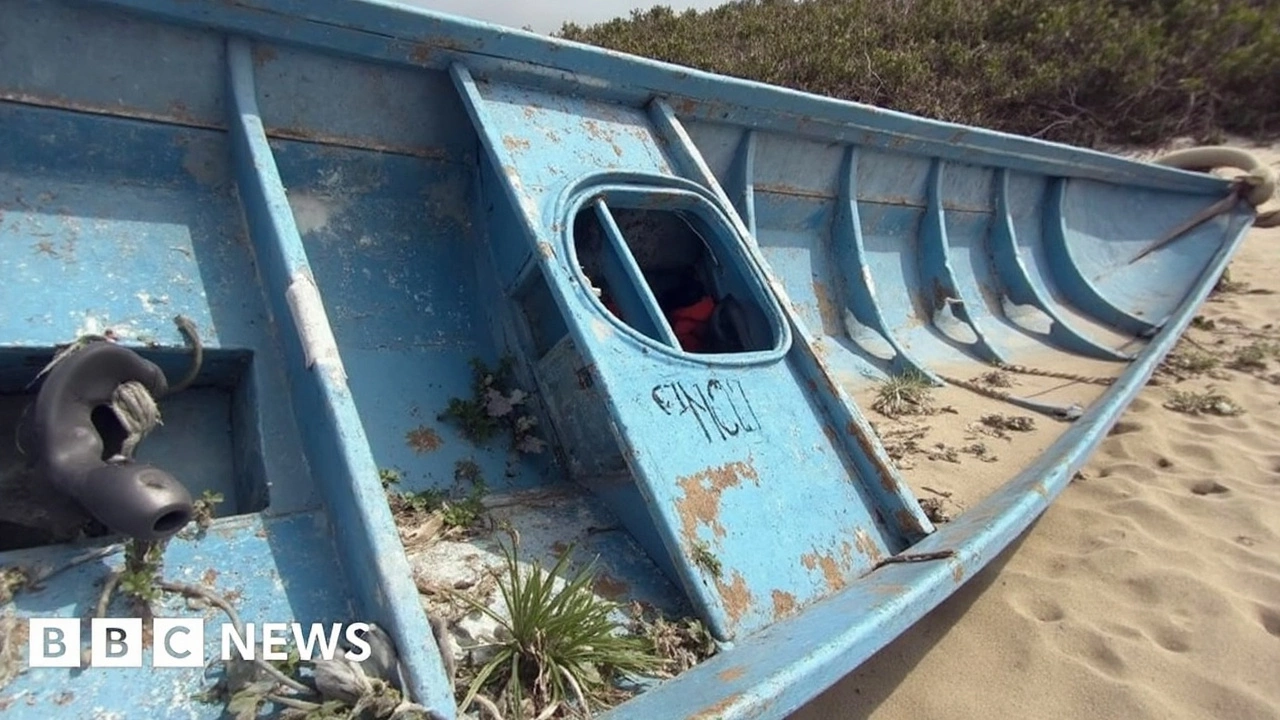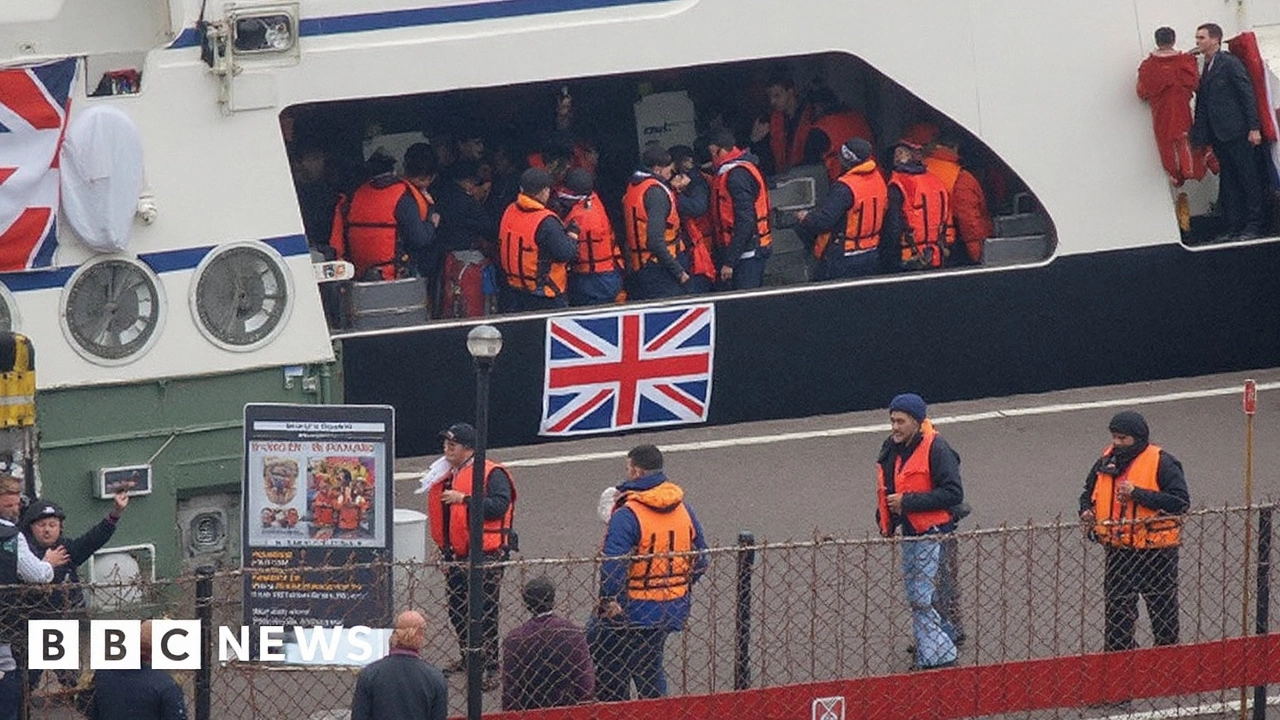A New Swap Scheme Across the Channel
Once again, a high-stakes deal between the UK and France is in the spotlight, all thanks to the relentless rush of migrants across the English Channel. This fresh agreement, wrapped up in April 2025, sets up a system that’s as straightforward as it is controversial: for every person Britain sends back to France after arriving illegally in a dinghy or small boat, the UK must accept a legal migrant from France who qualifies for family reunification. The intention is clear—slow the relentless tide of people risking everything to cross those distrustful waters. But is swapping one person for another really a fix, or just clever political juggling?
The numbers tell their own story. Even before the ink dried on the deal, more than 8,000 migrants made the treacherous Channel journey to UK shores by mid-April—a new record. Smugglers haven’t missed a beat, and desperate families keep coming. The agreement’s ‘one-for-one’ approach would, on paper, balance arrivals and returns so the net migration impact could easily be zero. Critics from immigration think tanks and even border control insiders are already calling out this loophole. They’re asking: What’s really different if the total number of arrivals stays the same?

Funding, Cooperation, and Unanswered Questions
Money talks, and the UK has committed a hefty €541 million (about £476 million) over three years to fuel the plan. Most of this goes straight to France, where it’s meant to beef up border patrols, build tech infrastructure, and support joint police operations targeting the smuggler networks driving the crisis. The idea is to clamp down on boat launches and chase down organized gangs who profit by cramming hopeful migrants into unsafe vessels.
Martin Hewitt, the UK’s Border Security Commander, has repeatedly highlighted the need for tight teamwork between the two countries. French special envoy Patrick Stefanini has echoed that, promising even more joint stings against trafficking groups. There’s also talk of stepped-up efforts to send failed asylum seekers back to their home countries and not just shuffle them between the two neighbors. But all these operational boosts are undercut by a basic question: If each illegal arrival just gets traded for a legal migrant, how much is really changing?
On the ground in Kent and Calais, border officers and NGOs worry the human cost isn’t going away. For the UK, there’s also political pressure—ministers have promised to ‘take back control’ of borders since Brexit, but with crossings hitting new highs, voters are growing restless. France, on the other hand, faces its own headaches as migrants camp out in northern towns waiting for passage or paperwork.
The government insists that the deal is just the beginning—pointing to a crackdown on gangs, stronger cooperation, and promises for faster returns of criminals and failed cases. But with the sheer volume of people willing to risk their lives for a shot at a new start, the challenge seems deeply entrenched. The ‘exchange’ may shape headlines and tick some bureaucratic boxes, but the Channel’s migrant crisis remains as tough as ever to solve.
